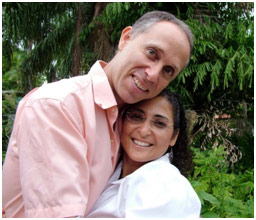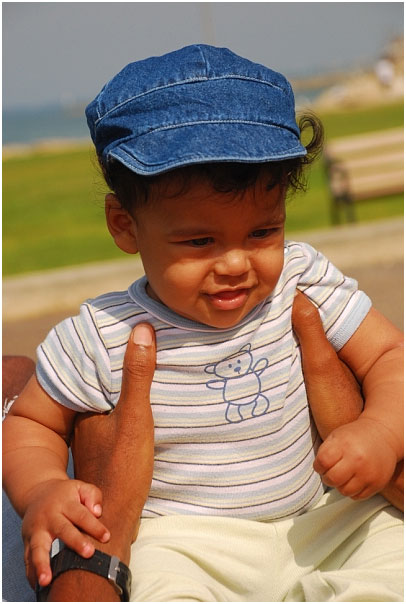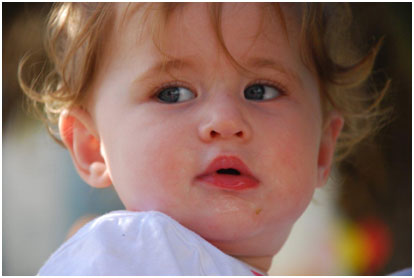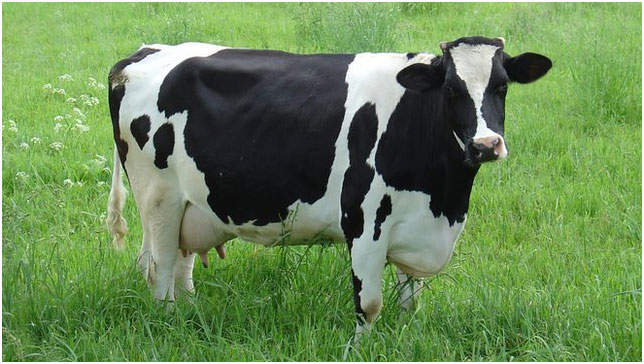
Every family has fights. Even in the most wonderful family, people fight sometimes. Fights can be between the parents, between parents and kid and between kids themselves. Fight create conflict and can damage the delicate fabric of relationships.
However, if you come out of the other side of the fight stronger, it can in fact strengthen the bond between family members. This is why conflict resolution in the family is so important.
If you are a parent and you have fights in your family, rest assures you are perfectly normal. The science of conflict resolution is easy to learn and master. Once you learn the tricks, life can be much easier.















